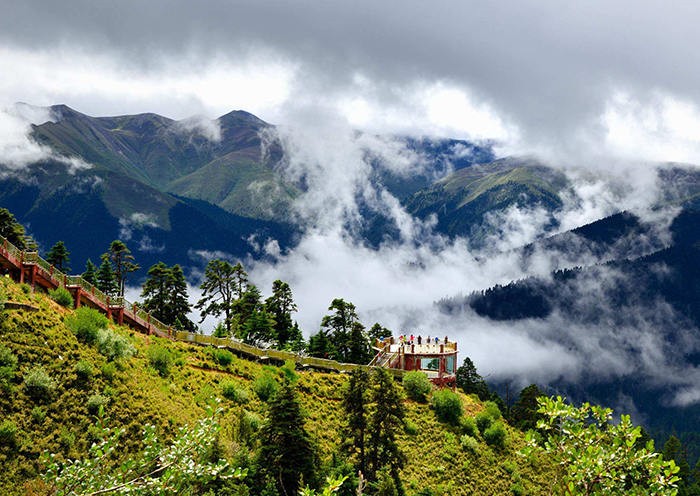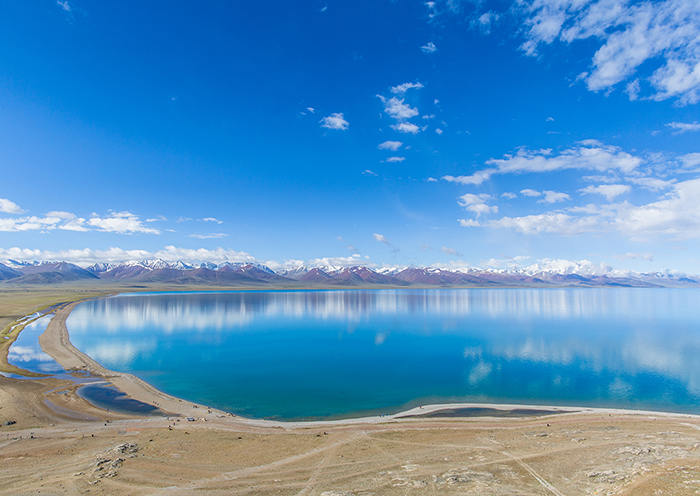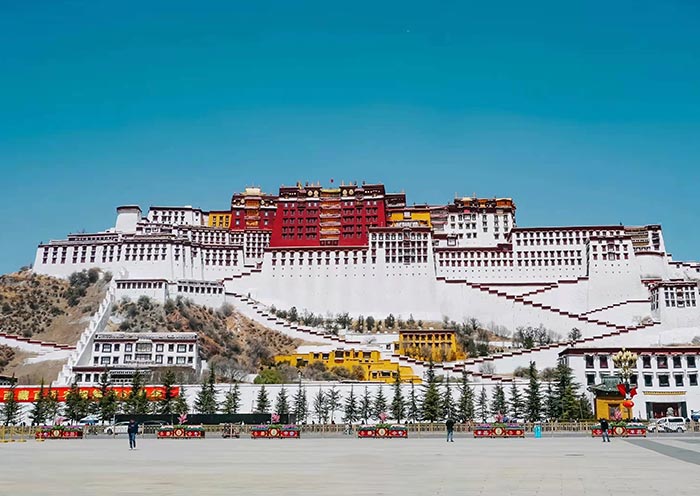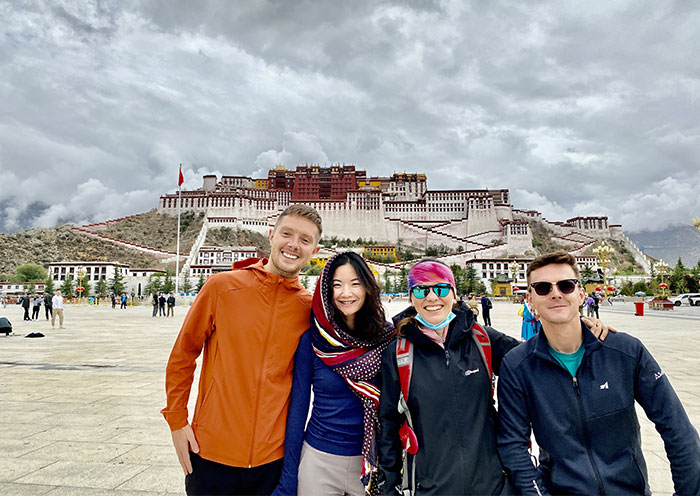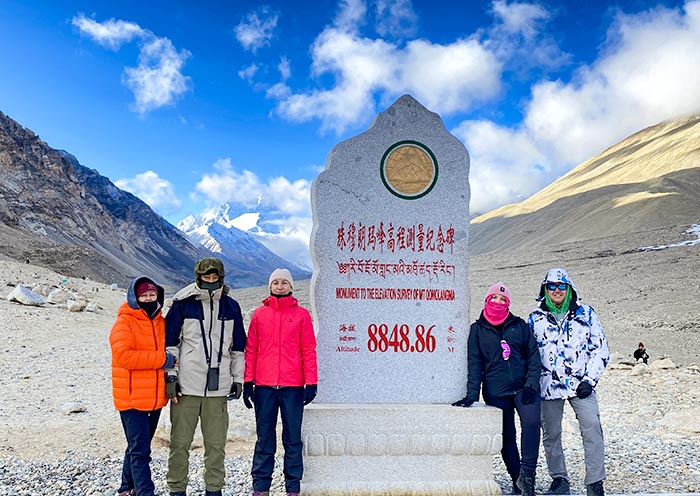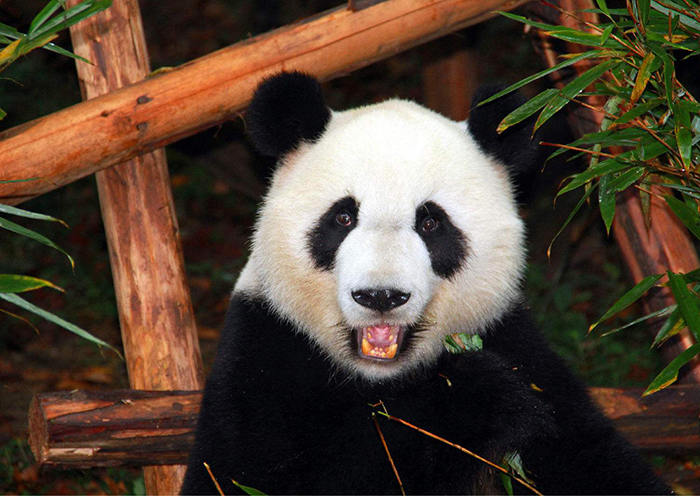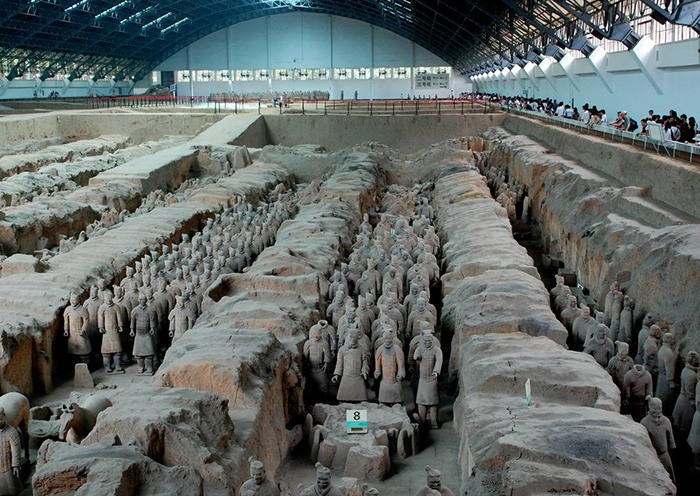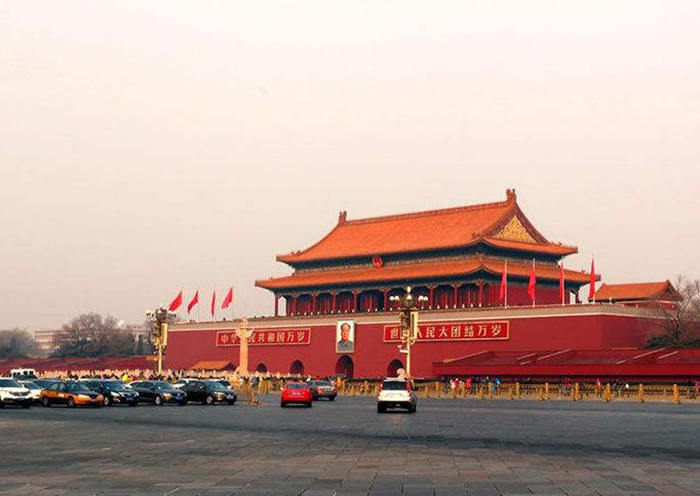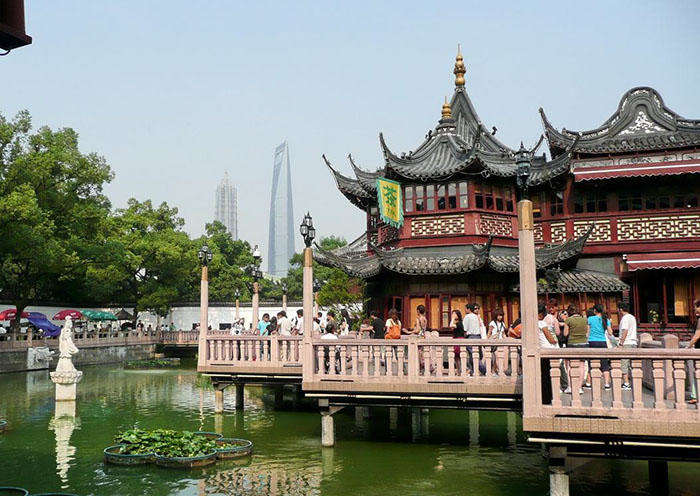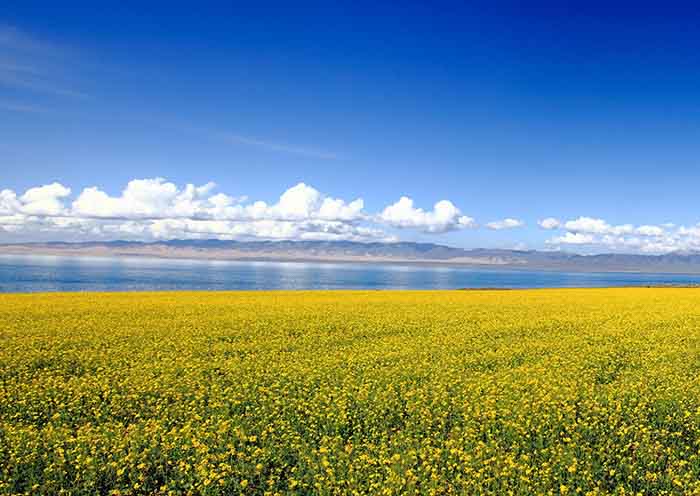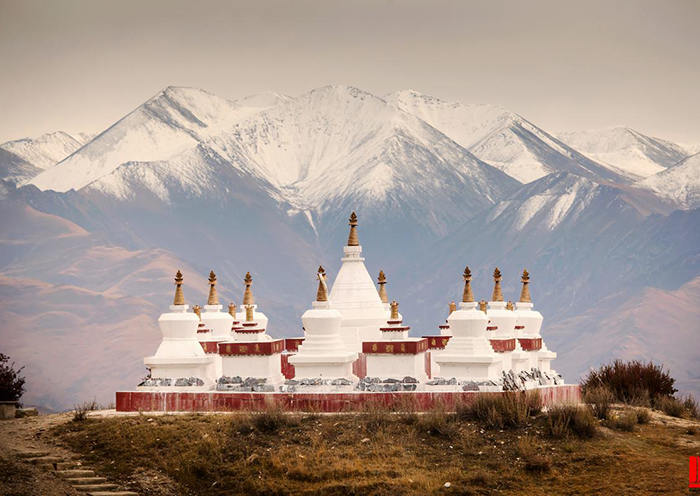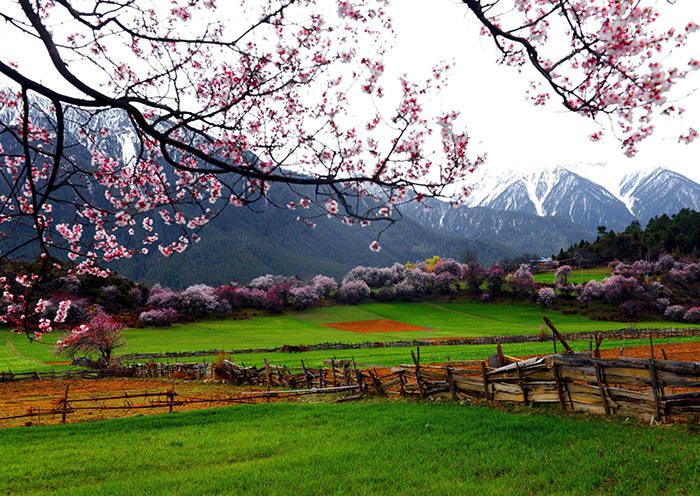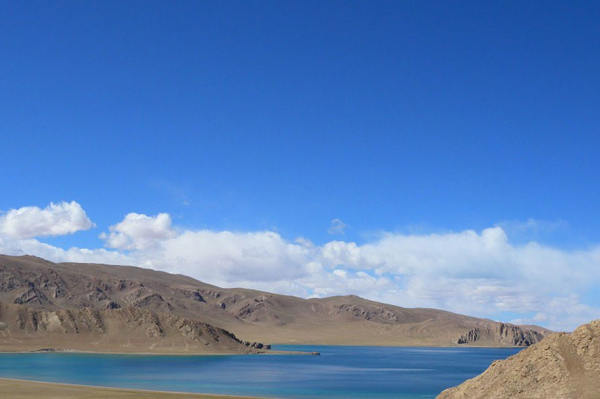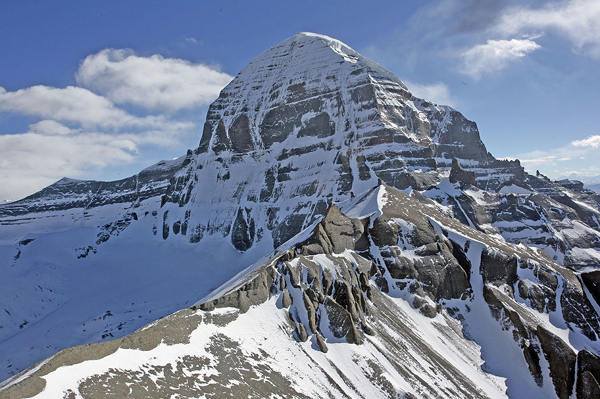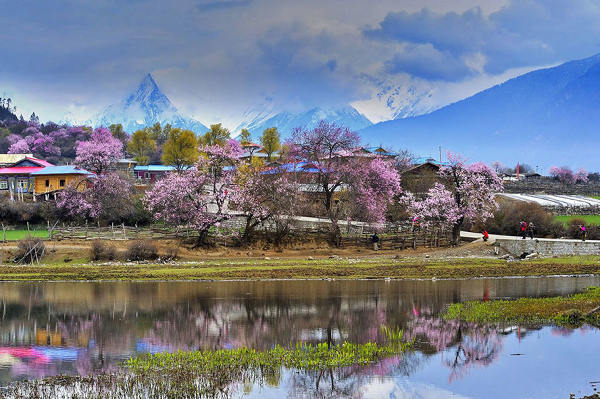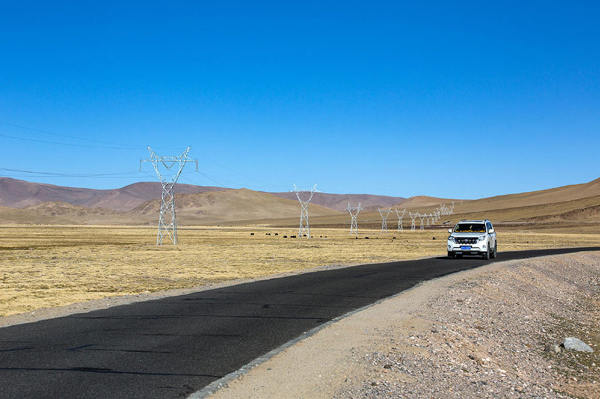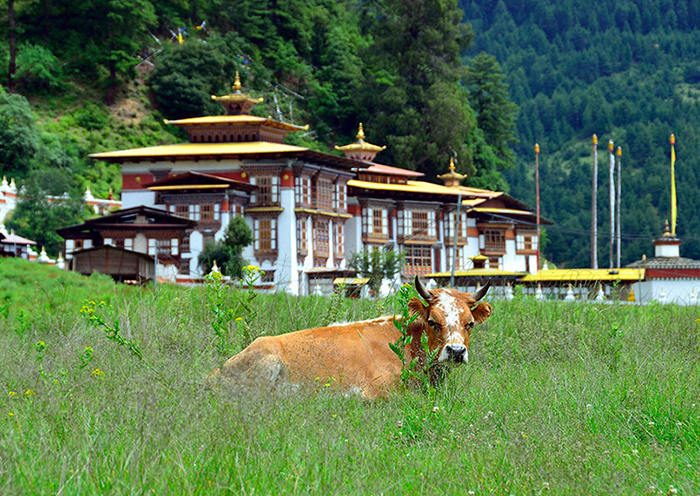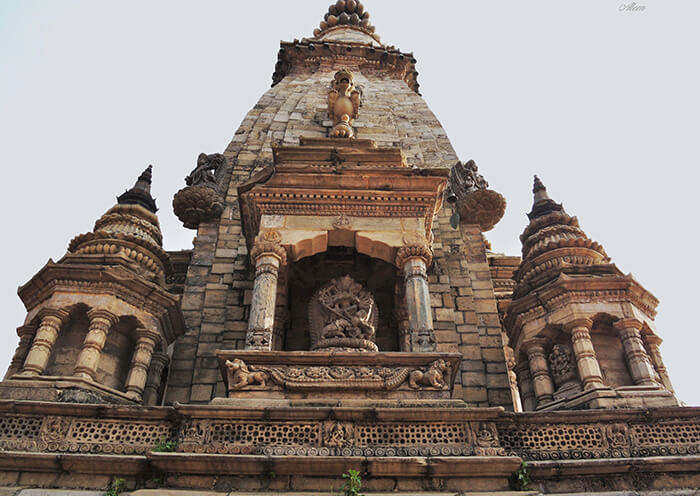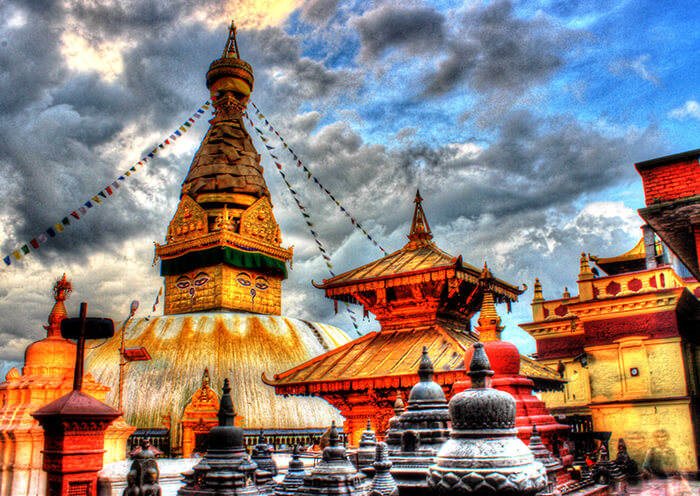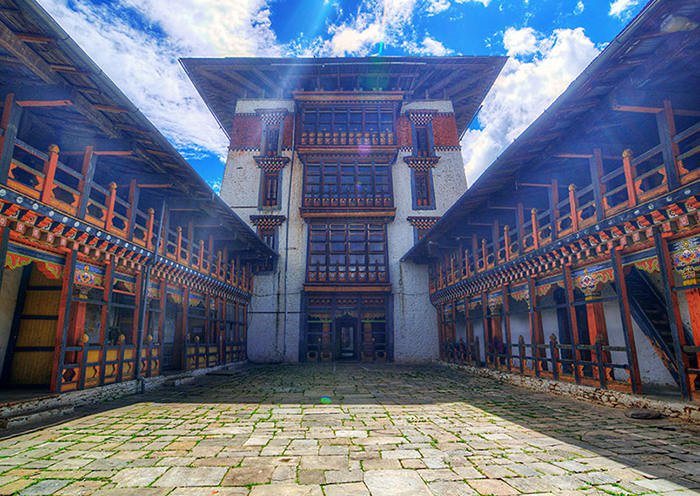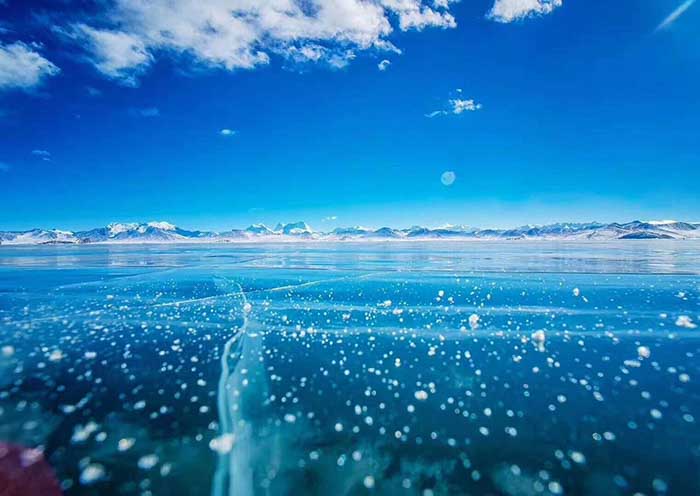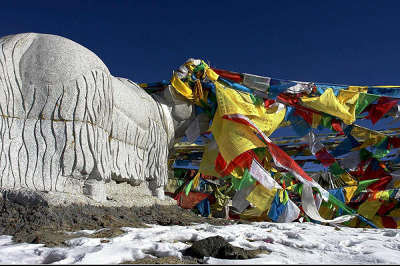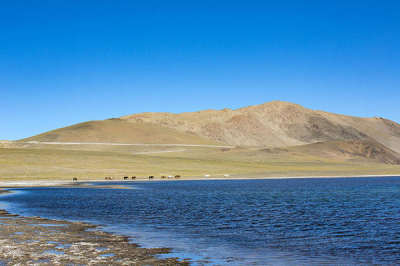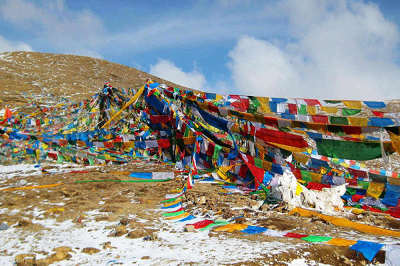1.The above routes accept Chinese people(people from mainland China, Hong Kong, Macao and Taiwan) and foreign visitors to attend the group booking, foreign guests and Taiwan tourists to Tibet, please contact us to apply for Tibet Permit!
2.Due to Covid-19, there has international travel restrictions for Tibet travel, so we can not guarantee travelers in one group are all English speakers. Our professional tour guide will provide Chinese-English service if there has English speakers in the join-in group. Therefore, we will not make any reimbursement for tour guide language reason.
3.June, July, August, September is peak season. Joining our group can guarantee the ticket of Potala Palace. The Potala Palace may be adjusted to the other days because of the current limitation of 2,300 visitors per day to protect the historic site.
4.Without affecting the original standards and scenic spots, we might change the sequences of scenic spots according to the actual situation on the day of the trip.
5.Patients with severe hypertension, asthma or heart disease should not join the group. Patients with colds should only go to Tibet after recovery.
6.Due to force majeure factors in case of landslides, mud-rock flow, avalanche, flood, earthquake and other natural phenomena influence or airline flight delay, cancel to causes such as the increase of expenses or unable to follow a normal schedule, we shall not bear the liability for compensation according to the tourism related regulations, but we will actively coordinate processing, in order to ensure a smooth trip.
7.Any failure to complete the activities during the tour due to the guests' own reasons or early departure will be considered as a waiver and the fee will not be refunded.
8.Tibet is a borderland area inhabited by ethnic minorities with limited tourist reception conditions. We hope that visitors can have reasonable expectations, respect the cultural beliefs and living habits of ethnic minorities and live in harmony with each other.
9.If there is a single room due to gender reasons, we will arrange a triple room (or double standard room with and extra bed) or fill the single room difference by the guest.
10.The shops in scenic spots do not belong to the travel agency's shopping shop arrangement. Please consider carefully.
11.Self-paid items are considered according to the time and the proportion of the approved members on the day, and no mandatory consumption is made.
